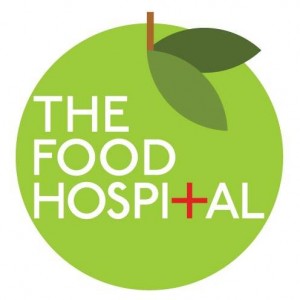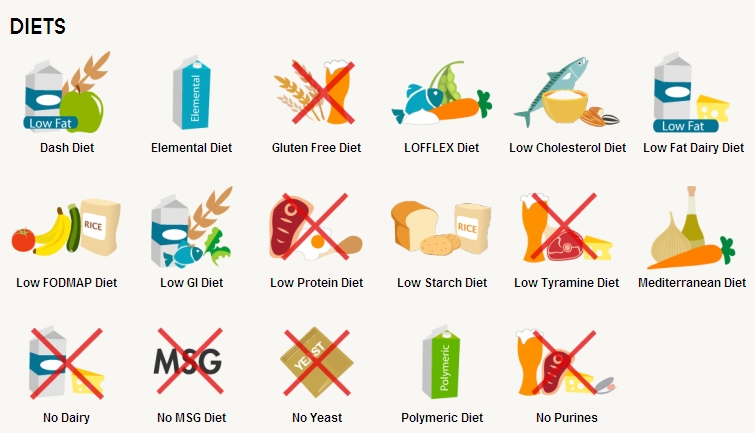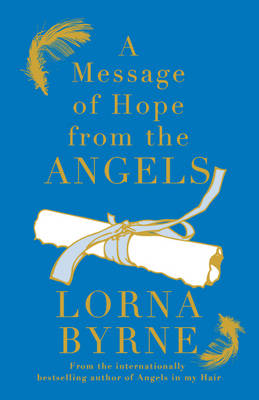
Have you been watching The Food Hospital television programme on Channel 4? I have; and I have found it incredibly interesting the impact that making changes in your diet can have on your health and in particular in reducing symptoms of medical conditions you might have. So far in series one they have looked at Diabetes, Migraines, Acid Reflux, Alopecia, Psoriasis, Infertility, Depression, Eczema, Depression, Gall Stones, Menopause and many more. As well as a detailed look at diet in general, obesity and weight loss surgery options.
It is inevitable at this time of year that our thoughts turn to losing a few pounds; and perhaps to cutting down on other unhealthy habits such as consumption of alcohol and smoking. It is not unusual for these things to come in to focus at the beginning of the year after the excesses of Christmas.
Both The Food Hospital and The Daily Telegraph have reported on the British Dietetic Association (BDA) findings recently regarding ‘celebrity / fad diets’. That many of us are likely to turn to at times like these:
Top of their hit list was the Dukan Diet: the BDA says ‘there is absolutely no solid science behind this at all’ and cutting out food groups is not advisable. They point out that even Dr Dukan himself warns of side effects such as a lack of energy, constipation and bad breath.
Alcorexia: this is where people heavily restrict what they eat during the day so they can save calories and drink more alcohol without gaining weight. The BDA says, ‘to do this in order to ‘bank’ your calories so you can go a use them on alcohol is pure madness and could easily result in alcohol poisoning and even death’.
The Blood Group diet: this diet restricts what people can eat based on their blood group. Its premise is that only certain blood groups can handle certain foods. The BDA says the diet ‘is completely based on pseudo-science’, and could lead to serious nutrient deficiencies.
The Raw Food Diet: as its name suggests, this diet focuses on eating food raw but also on eating only unpasteurised dairy products. Although some vegetables are more nutritious when eaten raw, the BDA points out that it means many nutritious foods cannot be eaten at all, and that it carries a risk of food poisoning.
The Baby Food diet: this diet calls for people to eat up to 14 jars of puree or baby food each day. The BDA says that it is a restrictive diet as baby food provides few calories and lacks fibre or texture. Without chewing on firmer food at meal times you may be left feeling hungry.
So what does theFoodHospitaland the NHS recommend for healthy weight loss and life-style changes?
Setting up a weight loss plan with your GP: a free and effective way to set yourself safe weight loss targets with expert help from your doctor.
Slimming clubs such as Weight Watchers and Slimming world, which offer group meetings, sustainable weight loss programmes and online support.
Sustainable whole-life diet plans such as the US government’s hugely successful DASH diet – http://www.nhlbi.nih.gov/health/health-topics/topics/dash/ an evidence-based approach that emphasises simple dietary changes that can help people lose weight and keep it off. The diet also has a specific emphasis on combating health problems such as high blood pressure and diabetes.

http://foodhospital.channel4.com/
http://www.nhs.uk/Livewell/loseweight/Pages/WhataGPcando.aspx
 year do not match up. This is because it actually takes the earth 365 days, 5 hours, 48 minutes and 46 seconds to travel round the sun. So over the centuries an extra day was added to the calendar to keep us on track; it was the Romans who first designated February 29th as the leap day, but it was the Gregorian calendar that fine-tuned the practise – so now a leap year only occurs in a year when it is divisible by 4, for example 2012, 2016, 2020…To make things more complicated it was decided that a leap year would not occur if it was devisable by 100 except if it was devisable by 400 – so 1900 was a leap year and 2000 was not.
year do not match up. This is because it actually takes the earth 365 days, 5 hours, 48 minutes and 46 seconds to travel round the sun. So over the centuries an extra day was added to the calendar to keep us on track; it was the Romans who first designated February 29th as the leap day, but it was the Gregorian calendar that fine-tuned the practise – so now a leap year only occurs in a year when it is divisible by 4, for example 2012, 2016, 2020…To make things more complicated it was decided that a leap year would not occur if it was devisable by 100 except if it was devisable by 400 – so 1900 was a leap year and 2000 was not.








